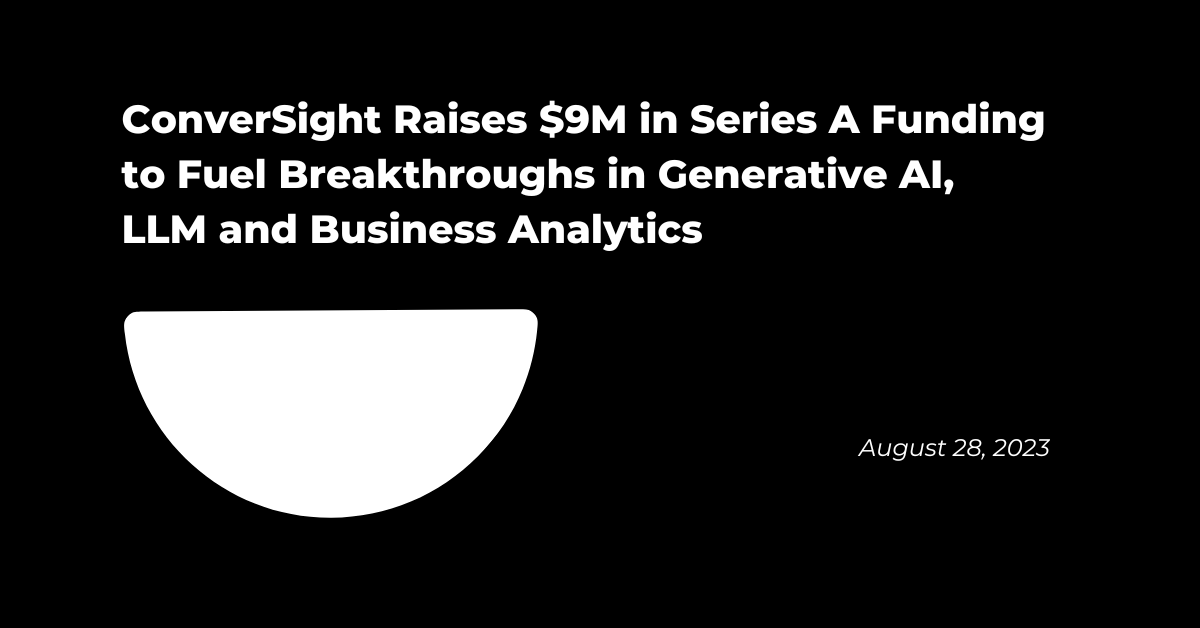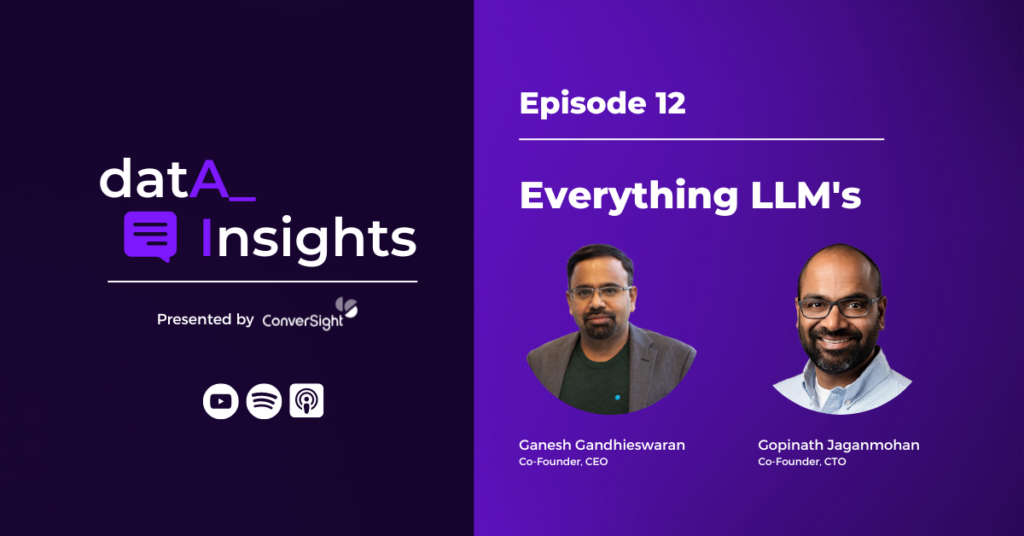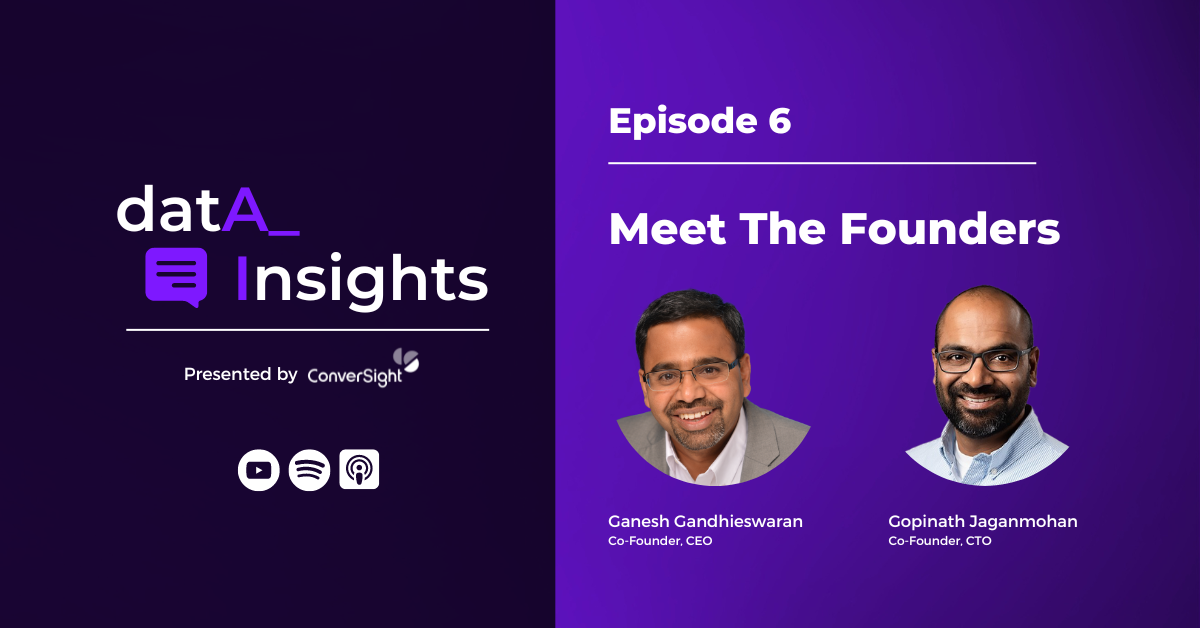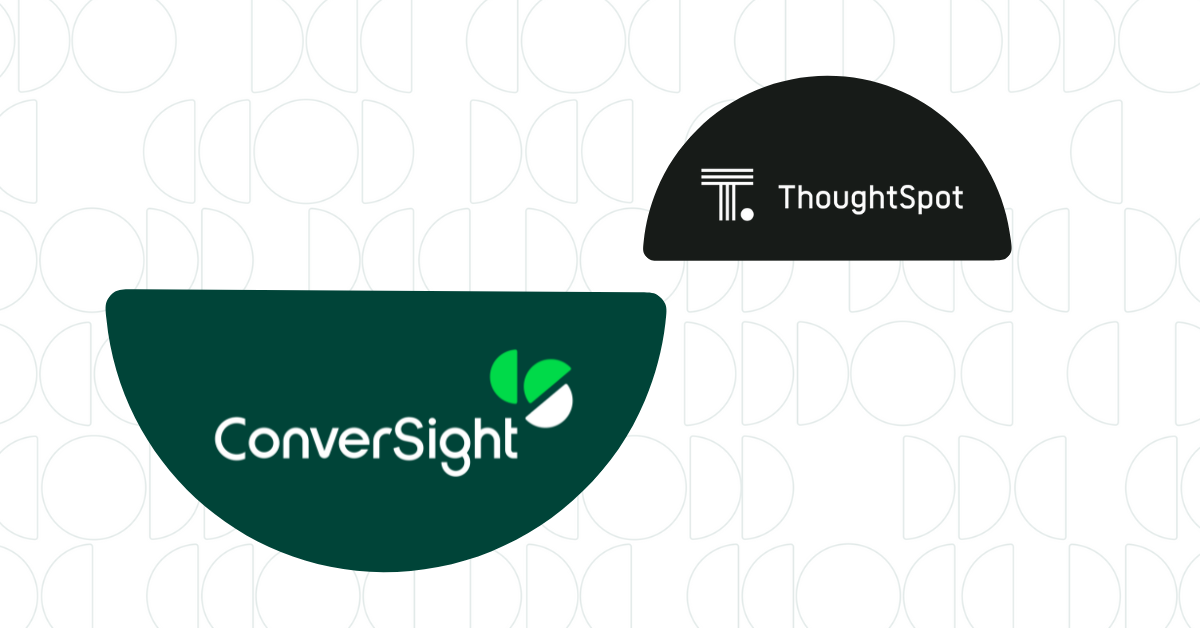
With new generative AI technologies becoming available to millions of users daily, many are just now being exposed to the world of large language models, transformer models and others. These models are powering new technologies, and making it possible for the ChatGPT’s, DALL-E’s, and others of the world to process natural language and generate something from nothing. But these LLMs are vast and complex technologies, and the inner workings shed a light on how generative AI is reshaping the world of content generation.
LLM’s and the Rise of Processing Power
With the explosion of GPUs and cloud softwares that can process multitudes of datasets instantly, NLPs (Natural Language Processors) and LLMs have risen in their viability, and are now able to use heightened processing power to store data in the cloud, and provide insights. Years ago, tech companies like Google became invested in these new technologies, using them to process mass amounts of natural language queries and search from their search engines and produce insight.
The arrival of the transformer model was a “lightbulb” moment for the AI and tech community at large, says Gopi. The transformer model is able to take a natural language question, and not only understand the context of the question, but store that context and data in the model for further exploration down the road. This instantly changed how people were employing LLMs, and soon new technologies were being developed with transformer models.
The Near Future of AI
As new LLMs and other models continue to flood the market, expect AGIs (Artificial General Intelligence) to begin to take shape, and for these technologies to begin to think like humans do. Models can be implemented in specific business use cases such as healthcare or manufacturing, and learn the ins and outs of the industry and begin to solve problems within. Rather than simply providing context and reason behind the data, AI will begin to take steps to solve the problem it is analyzing.
For example, in business use cases, users will be able to ask “what can I do next month to increase my revenue?” AI will be able to formulate an action plan and get down to work solving the issue. It all comes down to personalizing generative AI for each particular business use case and each individual business, says Gopi – “This is the data you have, and this is what you can actually do [with that data]”
Going forward, expect to see LLMs and other generative AI technologies continue to develop and revolutionize industries with industry-specific use cases.
Request a demo today to implement generative AI into your processes.


